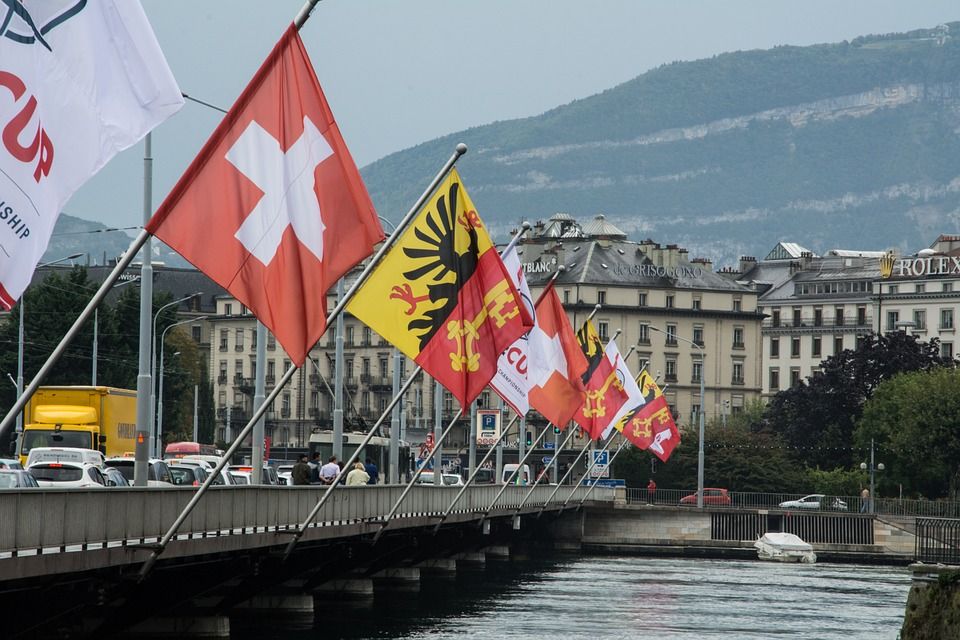Swiss companies are prioritising sustainability issues, with environmental, social and governance metrics becoming more important to businesses in the country, an analysis by boutique fund group Evenlode Investments has found.
The company analysed Swiss companies in its Global Income portfolio, following a tour of Switzerland in November 2018, to assess corporate commitments to ESG issues and how these commitments could influence the financial performance of the businesses in the future.
“We came back feeling confident that sustainability is high on the agenda for Swiss companies,” explained Sawan Kumar, a stewardship analyst at the company.
“It is becoming increasingly important, particularly after Switzerland ratified the Paris Climate Change agreement in October 2017, committing to halving emissions by 2030, in comparison with the 1990 levels.”
The company’s analysis singled out five companies that are showing increasing commitments to ESG issues: pharmaceutical company Novartis, food-maker Nestle, biopharmaceutical giant Roche, lift-builder Schindler and valve manufacturer VAT Group.
Of Novartis, Kumar said that the company’s new CEO, Vas Narasimhan, has underscored a commitment to innovation and positive social impact, while Nestle is said to be embarking on a series of environmental projects which will improve its sustainability credentials.
“The company recognises its obligations to use water responsibly, including targeting only using as much water as nature supplies,” he said.
“On plastics, Nestle is aiming to source 100% of the plastics it uses from the ‘circular economy’ by 2025. While there is much to do, in terms of ensuring supply chains are adapted to new products and providing more facilities for recycling, it was encouraging to hear that there are firm targets rather than softer ‘ambitions’ in place, and we can monitor progress in the future.”
Evenlode’s analysis included a review of operations at Swiss multinational biopharmaceutical Roche, which it felt was putting a “significant emphasis on the quality of its products, lifespan of its patents and pipeline” in order to remain successful. The analysis found notable evidence of a commitment to ESG credentials here, too.
“The company was touted in 2018 as a leader in pharmaceuticals in the Dow Jones Sustainability Index for the 10th year running due to its long-term commitment to significantly improve people’s lives,” Kumar explained.
“This aim has been supported by a step-up in innovation and research and development spending which now totals one fifth of sales in 2017 – the most spent by any company in the life science industry for the year.”
Elsewhere, Evenlode praised lift-maker Schindler for its corporate structure, which means that its head of Sustainability reports directly to the CEO and praised its corporate commitment to encourage the use of more energy efficient products.
The fund group’s visit to VAT Group, meanwhile, included a discussion on the Swiss labour laws, which offered investors some reassurance about the company’s resilience during a downturn.
“A governmental insurance fund steps in to pay the salaries of flexible workers for two days a week, at 80% of their full-time salary. This means that the company can flex its cost base, and staff welcome the change as they get to work for three days a week at 92% of their full-time salary,” Kumar explained.
“Staff that are on the scheme are those that are most important to VAT i.e. those that perform the final assembly, machining etc that turn VAT’s more commoditised ingredients into the company’s differentiated valves.”








